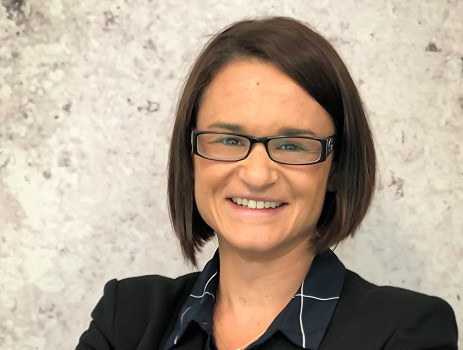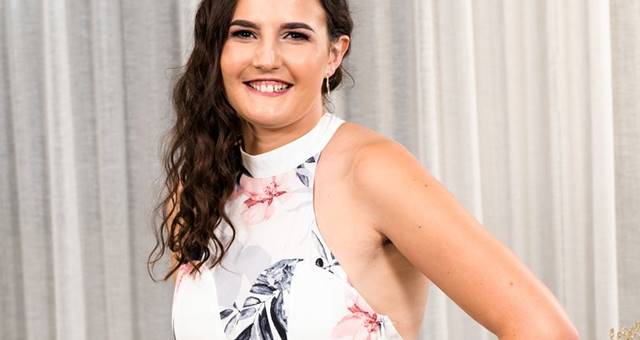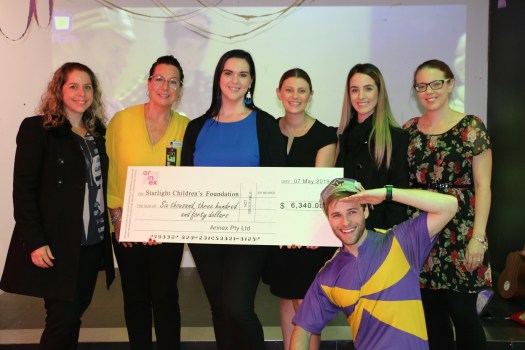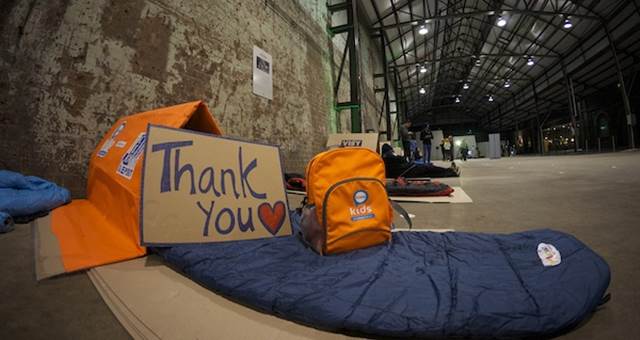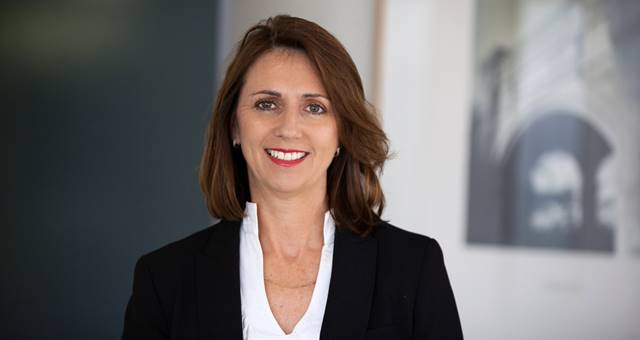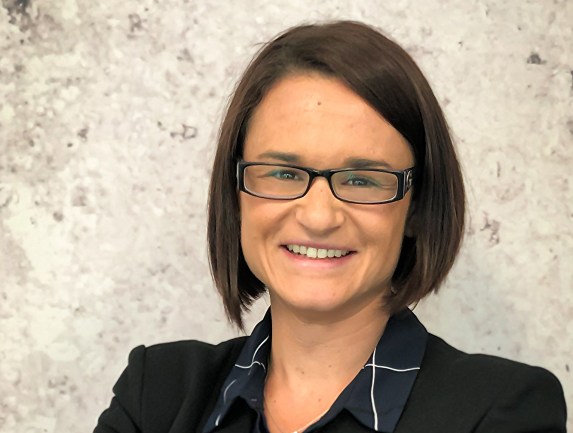
Nicole Walker didn’t imagine she’d be CEO of an event management company, in fact, she didn’t know what a PCO was when she started at Arinex in 2014.
But she quickly learnt the ropes and realised her goal to one day lead the team, and now she has officially been appointed to the role of CEO.
Here, we find out what led Walker to the position and how she plans to lead the company through this challenging time.
What are you looking forward to most in your new role?
In this fast-paced environment and industry it is always hard to know what the next challenge will be or the most exciting task or outcome. Right now my focus is on preparing the team to excel at a new level.
This pandemic creates an opportunity rarely experienced in our industry where we can focus specifically on strategy and opportunities for growth and so we are capitalising on this opportunity. Whilst the role can and will be challenging, seeing outcomes, achieving results and delivering above and beyond client expectations is the most rewarding aspect.
You started with Arinex as a project manager in 2014, did you ever envision you would become CEO?
I had always wanted to lead a team however I never knew what type of team that would be! I studied business administration, management and event management at university to keep my options open and I ‘fell’ into this role at Arinex. I had never heard of a PCO!
Thank goodness for the company’s many templates and guidelines along with lists of acronyms which brought me up to speed with our industry – my husband is still learning!
Arinex prides itself in training and development, which kept me motivated. I had incredible support from Roslyn [McLeod, Arinex founder and chair] and the management team, and combined with my drive and passion, I was able to learn quickly and realise my goal.
The knowledge I gained working closely with our clients and understanding the many complex elements of conferences and events helped me appreciate the complexities involved with staging international events and theses experiences provided me with the skills to further support the team in times like these.
Taking on the role during a global pandemic must bring additional challenges – how are you approaching this?
I honestly do not focus on this! I look at what needs to be done across the whole organisation. Many of the team have seen a significant increase in workload. Regardless of no added revenue, the team have been working diligently with clients to postpone, cancel or transition their events online.
My role has always been to support both the team and our clients, so this has not changed, however, we have to think on our feet and I am guiding my team by allowing them to produce and lead with solutions. If we thought it was a fast-paced environment before this pandemic this has made our team unlock their real potential.
How has Arinex adapted to COVID-19 and what solutions are you offering clients?
Adaptability and flexibility are two very common words and attributes of many during this period of uncertainty. We are tailoring our solutions to the current environment. Working with hybrid events is not a new phenomenon, however past hesitation to adapt has been quickly overridden as the world has been forced to use online platforms for work and in everyday life to remain connected to friends and family.
These technology solutions can amplify face-to-face conferences and events. Arinex are fortunate to have these integrated technological systems already established making it quick to adapt to the current needs of the industry.
How do you think the rise in virtual events will shape the industry and the way we meet post-COVID-19?
The rise in virtual events has shown the ability of the conference and events industry to adapt. Streaming conferences is not new, but this crisis has forced change immediately. There will be some who adapt quickly and others who will not want to adapt, but I think it is evident there will be more acceptance of virtual events long term.
Some benefits include increased numbers at events as there is no limitation on numbers, and less time consuming for time-poor individuals from specific sectors or regions. Hybrid events will become commonplace, they will become more technologically appealing with new innovations with virtual avatars and improved telecommunications.
However, virtual events will never replace face to face entirely. Human interaction is rewarding, a fundamental need within people that provides us with networking in a new environment or destination that is exciting. Virtual events, just like virtual holidays, are fun, educational, welcome, but not likely to hold a place in everyone’s bucket list long term.
More reading
Karen Bolinger takes up new role with PCMA
Meet the planner: Kirsty Esson, Merlin Events
Meet the planner: Alexandra Cowie, Workshop Events
